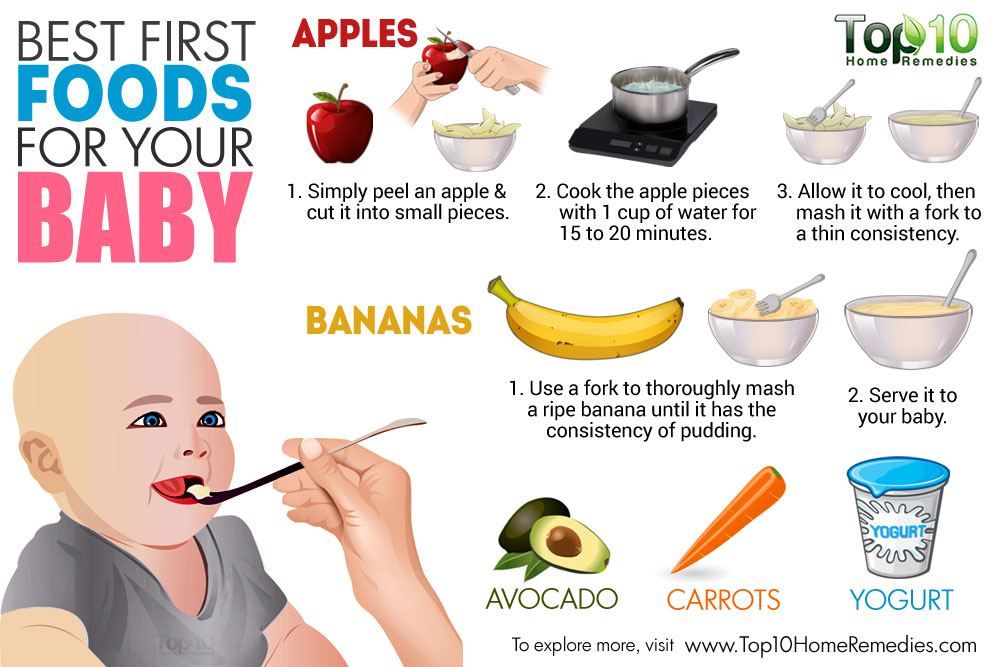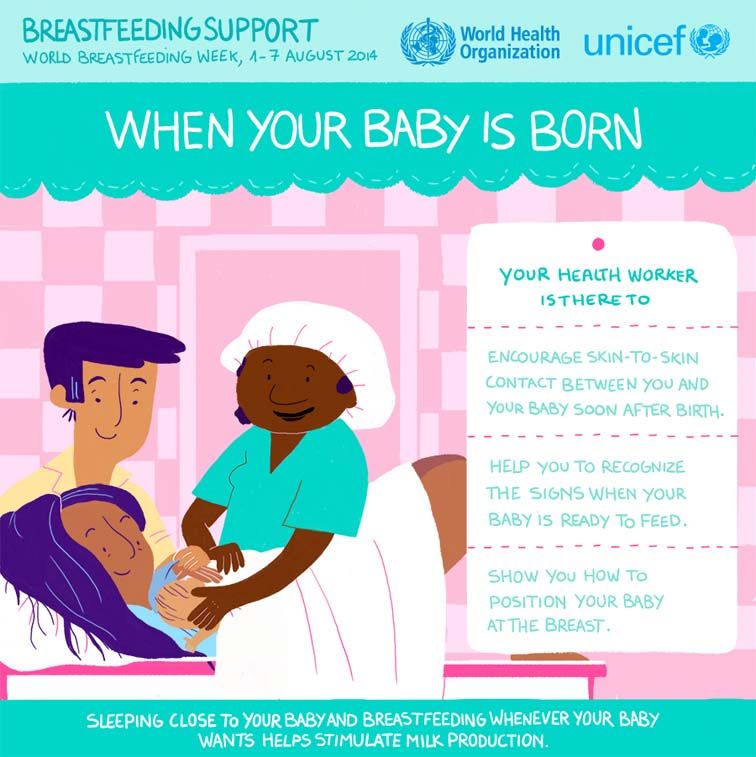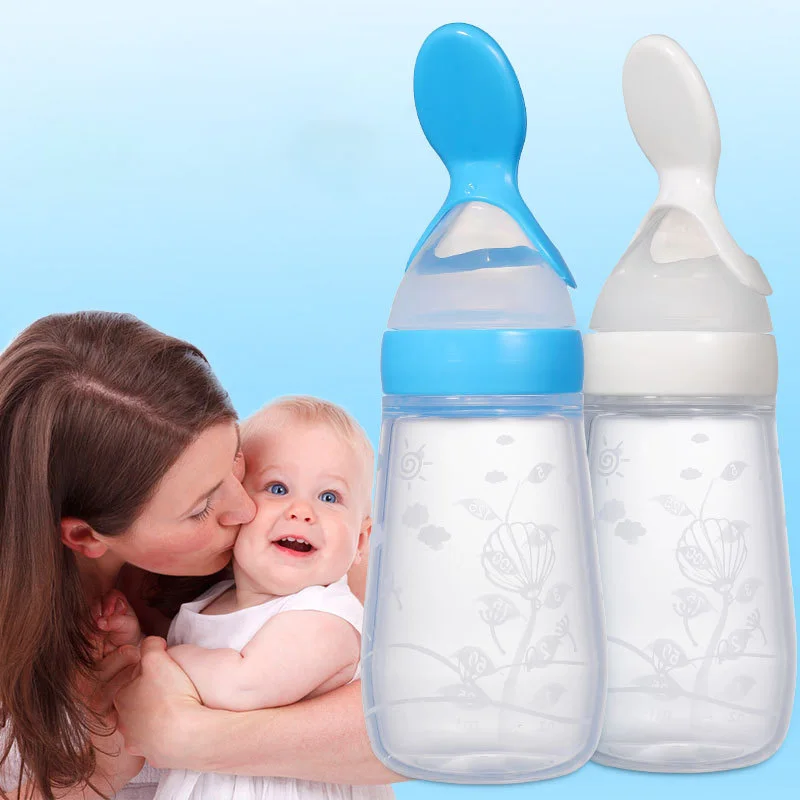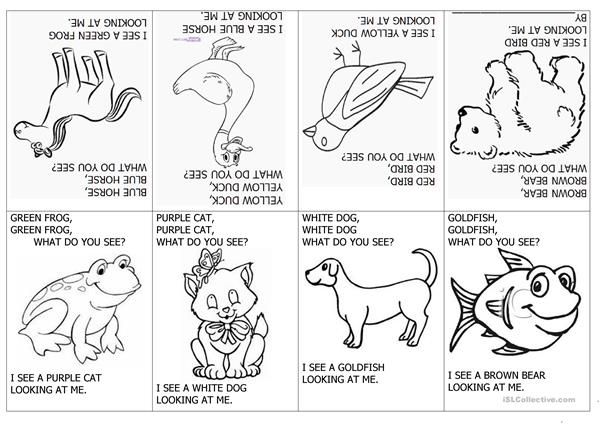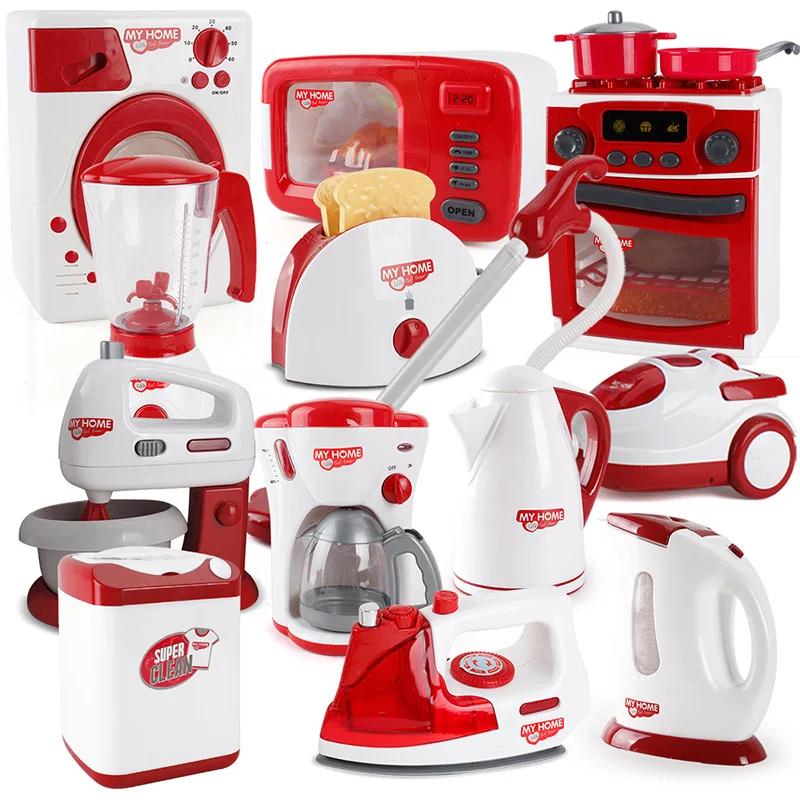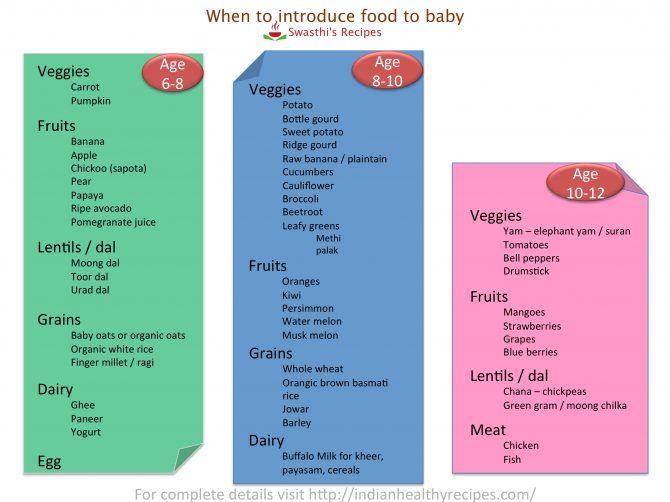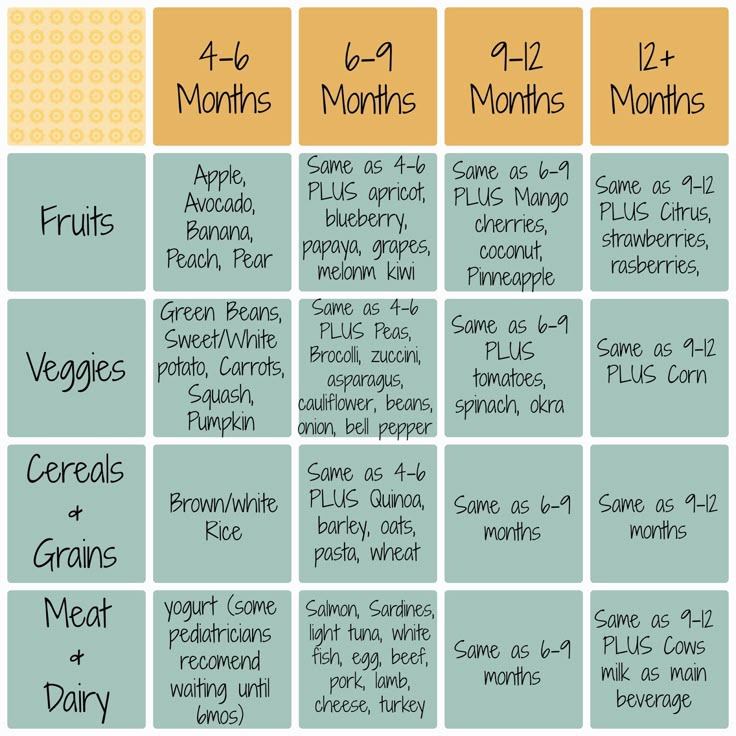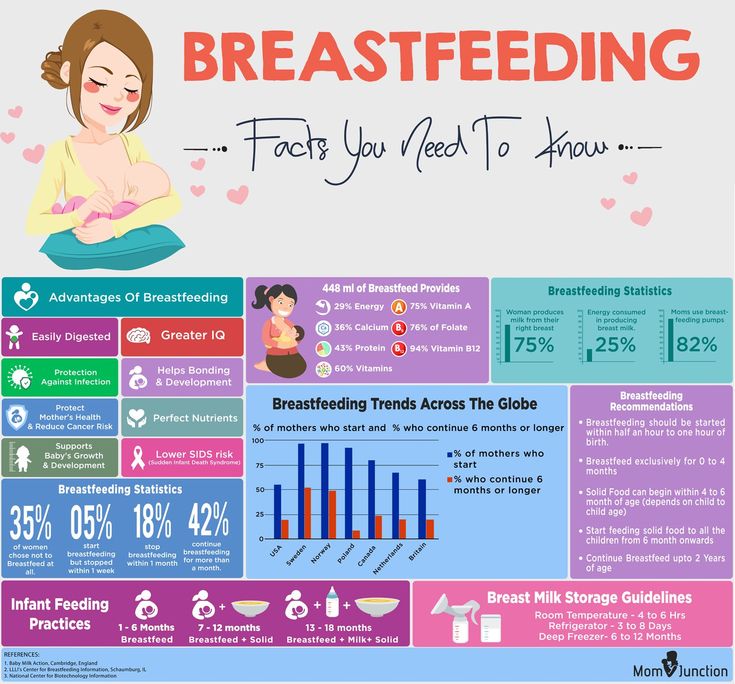When to start dream feeding baby
Dream feeding: How to dream feed your baby
Updated Feb 17, 2023
Maybe you have heard the term “dream feed” from a friend, in one of the many sleep training articles you have read (ever heard of the Ferber method or the Cry-it-out method?), or in your favorite parenting group. Wherever you were first introduced to the commonly used strategy to encourage fewer night wakings, we bet you still have some questions!
We’re glad you’re curious and are excited to help you better understand dream nursing or bottle feeding and how filling up your baby’s tummy just before their longest sleep can help everyone get a better night’s rest.
IN THIS ARTICLE:
What is a dream feed?
At what age can you dream feed?
Dream feed by age chart
When is the best time to stop the dream feed?
How do I dream feed?
Dream feed schedule (example)
Dream feed FAQs
What is a dream feed?
To put it simply, it’s a sleepy nursing or bottle feeding session given to your baby in the late evening (hours after they’ve already gone to sleep at bedtime), usually just before you go to sleep yourself. This practice of waking your baby to eat can help parents sync the longest stretch of their baby’s night sleep with their own. The idea is to shift your baby’s normal feeding time a bit earlier, and it works best for babies who wake at night due to hunger.
Note that offering breast milk or formula at this time typically won’t help improve sleep if a child is waking due to a sleep onset association rather than hunger. For example, if an infant older than 4 months will only fall asleep while being fed at bedtime, they will more likely need to be fed back to sleep when waking in the night between sleep cycles, even if they aren’t hungry. Offering a twilight feed in a case like this is unlikely to improve your baby’s sleep.
At what age can you dream feed?
Great question! Parents around the world first introduce this twilight feed at various times. It is never too soon to introduce a sleep feeding into your baby’s schedule, although some prefer to wait until their baby graduates from the newborn phase. Dream feeding is most used for babies between 6 weeks and 10 months old.
Dream feeding is most used for babies between 6 weeks and 10 months old.
While many older breastfed babies (who are also consuming solids) are capable of going 10 - 12 hours overnight without a feeding, some simply are not. The age at which a baby can go all night without a feeding depends on several factors. While most 10 month olds are ready or will be ready, to fully wean at night, some babies may continue to need at least 1 feeding overnight until closer to 12 months.
Let’s take a look at the optimal ages to dream nurse or bottle feed.
Dream feed by age chart
| Dream feed by Age | Why it is the optimal age |
|---|---|
| Dream feed at 6 weeks old | 6 weeks is a great time to add a sleepy feed to your baby’s feeding schedule. Around 6 weeks, many babies have just come out of their 4- to 6-week growth spurt and begin showing signs that they are ready to sleep for longer periods overnight. Around 6 weeks, many babies have just come out of their 4- to 6-week growth spurt and begin showing signs that they are ready to sleep for longer periods overnight. |
| Dream feed at 3 months old | 3 months is a very popular age to add a last feed before midnight. By 12 weeks, many babies can go one stretch of about 3 - 4 hours (or longer) without a feeding. Adding a dream nursing or bottle feeding a couple hours before midnight may help your baby sleep until 1 or 2 AM. |
| Dream feed at 4 months old | 4 months may be the most popular age to begin dream feeding. Between 4 and 6 months, babies will often experience another growth spurt and naturally show signs of needing an extra night feeding (even if they previously dropped an overnight feed). If this sounds like your baby, sleep feeding may be the answer! |
| Dream feed at 6 months old | 6 months is another ideal time to resume or begin. At around 6 months, babies’ bedtimes typically get earlier, leaving more time for nighttime sleep. Feeding your baby again a few hours after they have gone to sleep for the night can be the “magic trick” that gives you and your baby peaceful sleep until the early morning hours. At around 6 months, babies’ bedtimes typically get earlier, leaving more time for nighttime sleep. Feeding your baby again a few hours after they have gone to sleep for the night can be the “magic trick” that gives you and your baby peaceful sleep until the early morning hours. |
| Dream feed at 10 months old | Some 10 month old babies, who are still waking to feed at night, can also benefit from a last feed around 9 or 10 PM. A well-timed dream feeding at this age helps some babies sleep until it is time to wake up for the day. However, do note that a dream feed can interrupt a baby’s natural sleep cycle, and they may continue to wake in the early morning hours. Older babies may sleep better with one feeding between 3:00 and 5:00 AM rather than a dream feed. |
When is the best time to stop the dream feed?
Babies will not need a dream feed forever.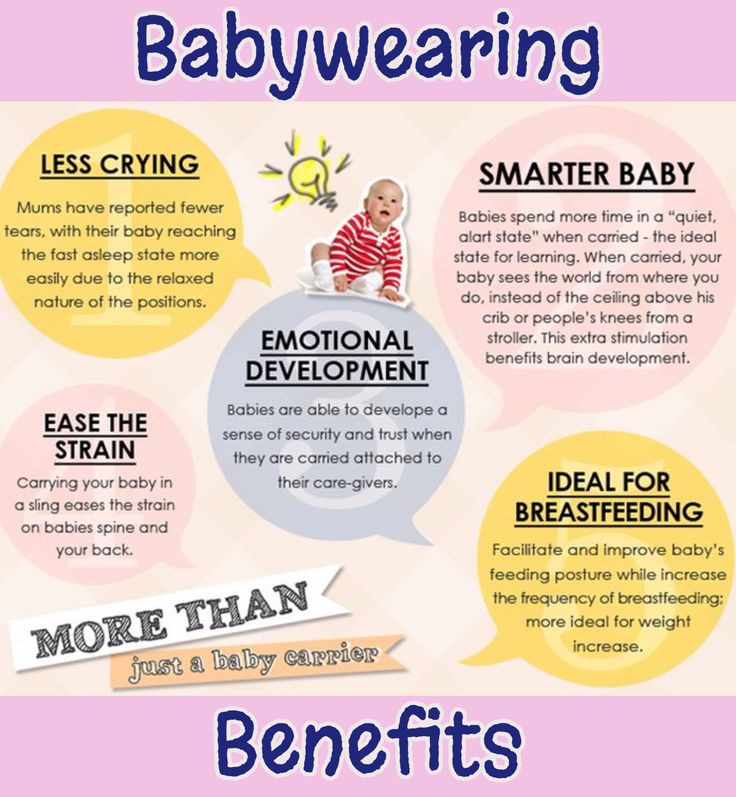 The best time to stop or drop it depends on a few things. At Huckleberry, we take into consideration:
The best time to stop or drop it depends on a few things. At Huckleberry, we take into consideration:
Your baby’s primary feeding method (i.e., breastfeeding, bottle feeding, combination feeding, and if solids have been introduced)
Calorie intake during the day
How ready you are to stop the feeding
Whether your baby is waking from true hunger or a sleep onset association
How helpful the feeding is to your baby’s sleep schedule and ability to sleep longer as a result of a late-night last feed
How do I dream feed?
Now that you know what this sleepy feed is, what age you can offer this feed, and the best time to stop, let’s help you learn how to dream feed your baby.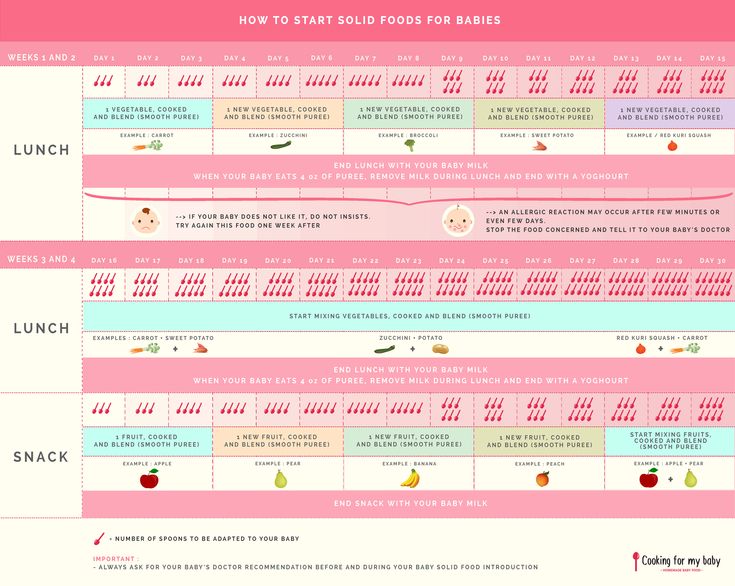
Step 1. Rouse the baby.
After your baby has been sleeping for 1 - 3 hours, you will want to gently wake up your baby. Many families ask us, “How awake should my baby be for the dream feeding?” Ideally, you want your baby to remain drowsy and awake just enough to take a full feeding.
Pro Tips:
Keep the lights off or very dim.
Be boring! Try not to talk, move around, or make a lot of noise.
Be mindful as you pick up your baby from the crib or bassinet. Slow and steady movements help keep you and your baby safe and reduce the chances of waking them fully.
Step 2. Get ready to feed.
How long or how much to feed your baby at this final feed of the night varies.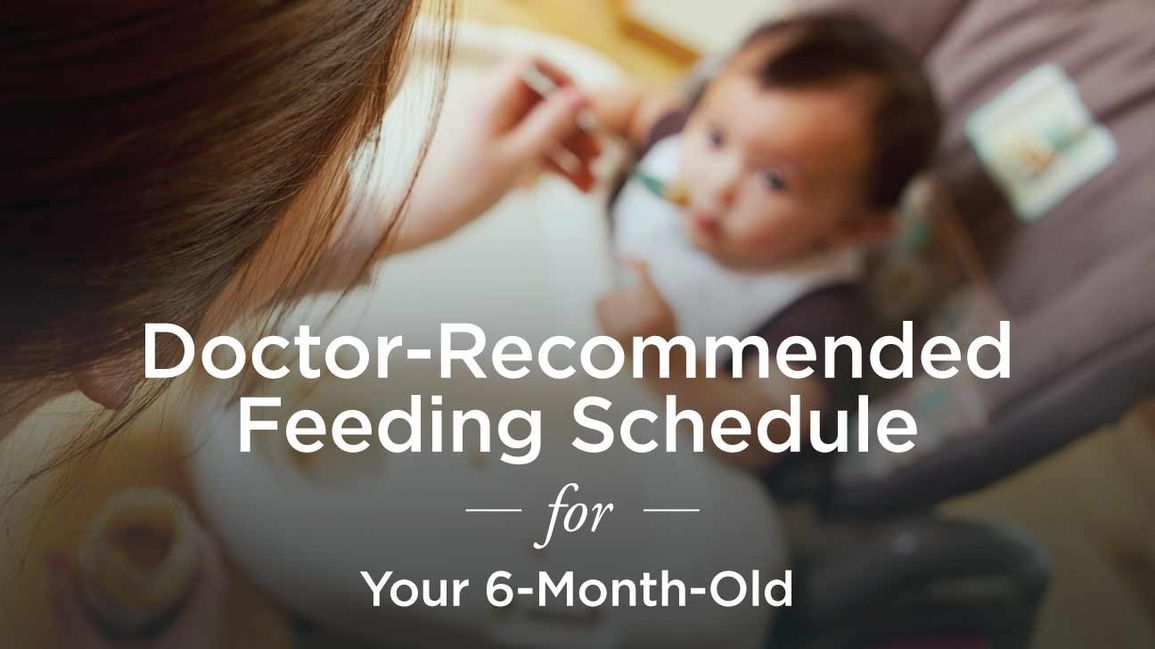 Breastfed babies may need to nurse for just a few minutes (e.g., 5 - 10 minutes) or half an hour. There is no magic twilight feed duration that applies to every breastfeeding mom and baby. Bottle-fed babies, like breastfed babies, will require differing amounts, depending on their age, size, and how recently they last ate.
Breastfed babies may need to nurse for just a few minutes (e.g., 5 - 10 minutes) or half an hour. There is no magic twilight feed duration that applies to every breastfeeding mom and baby. Bottle-fed babies, like breastfed babies, will require differing amounts, depending on their age, size, and how recently they last ate.
Step 3. Put the baby back to sleep.
After the feed, your goal is to put your sweet one back in their sleep space without them waking up fully. This can be tricky, but with practice and patience, it can be done!
Use slow/steady movements to gently lay your baby back down to sleep. If your baby wakes fully, ideally, they will fall back to sleep in the same way that they fell asleep at the beginning of the night. Follow safer sleep guidelines by laying your baby down on their back.
Let’s not forget burping!
Not every baby is a “big burper” or needs to burp following every feed.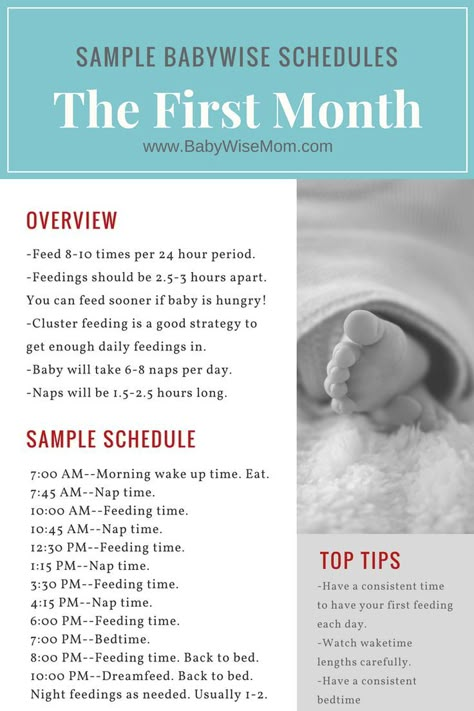 You know your baby best; if your baby tends to need a burp after finishing a feed, be sure to get one before laying your baby back in the crib or bassinet.
You know your baby best; if your baby tends to need a burp after finishing a feed, be sure to get one before laying your baby back in the crib or bassinet.
Bonus round! The double dream feed…
You read that right. Some parents double down on the dream nursing or bottle. The double feed is when you purposefully offer your baby two sleepy feedings in the evening, roughly 2 hours apart, with the final feed occurring close to midnight.
Dream feed weaning
Once a family is ready, they can stop waking their baby for the feedings and let them wake naturally when they need to eat. Another option is to offer a little less milk or formula each night. For example, parents can gradually lessen the time spent nursing by a few minutes or reduce the formula in the bottle by 1 - 2 ounces.
Dream feed schedule
Here is an example of a dream nursing or bottle schedule.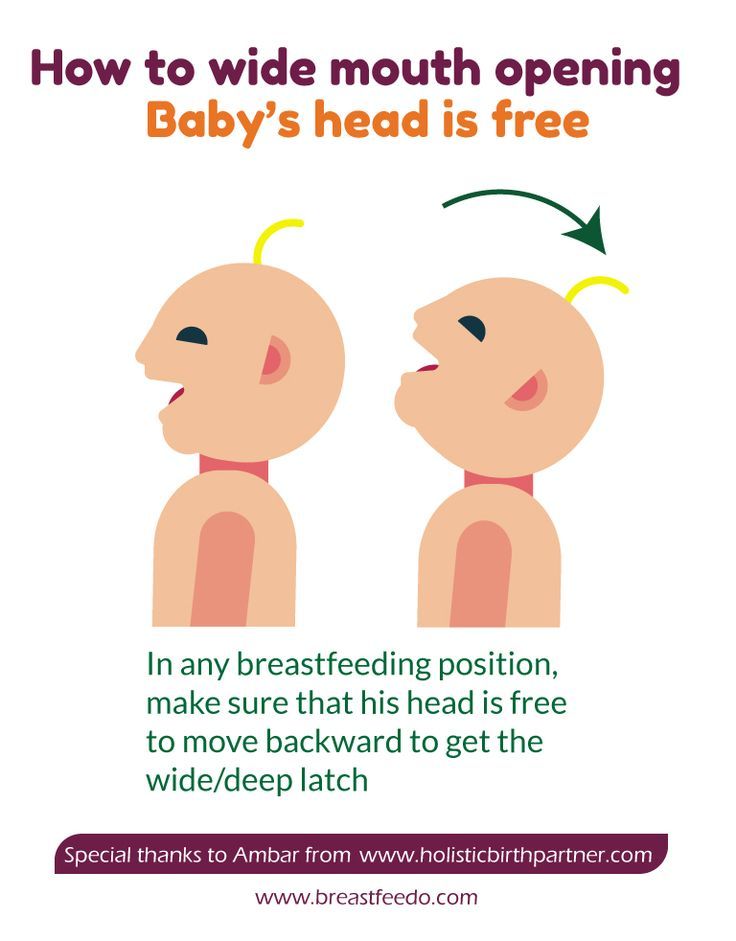
6:30 PM Bedtime feeding
7:30 PM Bedtime
9:30 PM Parent rouses baby for dream feeding
10:00 PM Baby is back to sleep
1:30 AM Baby wakes for night feeding
4:30 AM Baby wakes for night feeding
7:30 AM Wake up
Pros and cons of dream feeds
| Pros of dream feed | Cons of dream feed |
|---|---|
| Encourages longer stretch of sleep overnight | Family may prefer a more organic feeding schedule |
| Helps parents feel more rested | Baby may be difficult to wake for feed |
| Protective of milk supply | Baby may wake up fully and need help going back to sleep. Babies helped back to sleep may develop (or maintain) a helped-to-sleep association which can lead to increased night waking. Babies helped back to sleep may develop (or maintain) a helped-to-sleep association which can lead to increased night waking. |
| Helps baby receive adequate calories | Parents may prefer an earlier bedtime for themselves |
| Promotes a more predictable schedule | Requires planning and forethought |
Dream Feed FAQs
Q: Is a dream feed right for us?
A:
For babies 10 months or younger who are waking from hunger (which can also manifest as early risings), you might consider offering a dream feed to lengthen their stretches of nighttime sleep.
Q: Is a dream feed guaranteed to work?
A:
Dream feeds help some families get more sleep, while others don’t find them very useful. We find that dream feeds won’t help babies sleep better if they are waking for reasons unrelated to hunger, such as a sleep onset association or schedule issues. You can always give it a try for a few nights to see if it will work for your family.
Q: When is the ideal time to offer a dream feed?
A:
The ideal time to offer a dream feed is before the parent’s bedtime, typically between 10 PM and midnight.
Q: Will offering a dream feed lower my milk supply?
A:
Feeding your baby again in the late-night hours sends the signal to your body to produce more breast milk and can promote an increase in milk production.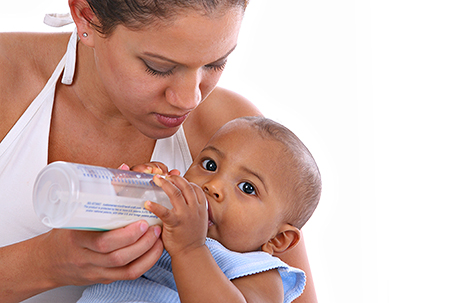
Q: My baby has reflux, can I still dream feed?
A:
Babies with reflux may need to be held upright for 10 - 30 minutes after a feeding. If your baby requires upright time after feedings, be sure to factor in this extra time when planning your night feeding schedule with a dream feed.
Q: Can I dream feed with formula?
A:
A sleep feeding can be done with breast milk or formula.
Q: Should I wake my baby to feed at night?
A:
Waking a baby for a dream nursing or bottle feeding right before the parent’s bedtime can sometimes lengthen night sleep for the entire family.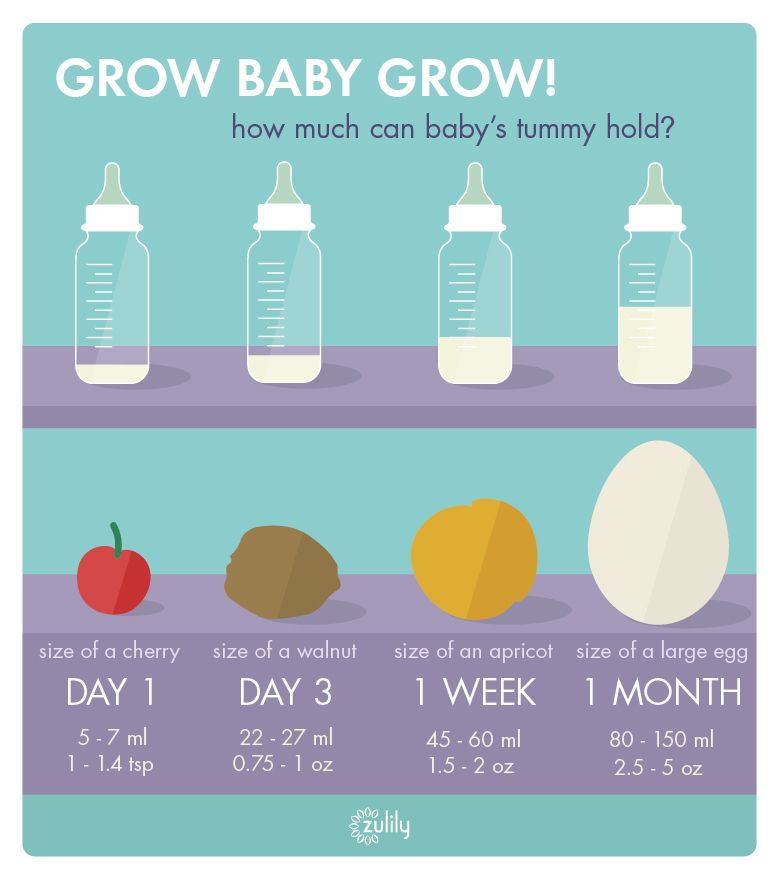 This can be particularly helpful if a baby is waking at night from hunger. However, waking a baby to feed at night won’t typically help extend sleep if a child is waking for other reasons (such as a sleep onset association).
This can be particularly helpful if a baby is waking at night from hunger. However, waking a baby to feed at night won’t typically help extend sleep if a child is waking for other reasons (such as a sleep onset association).
Q: Can dream feeding cause early waking?
A:
A feeding before the parent’s bedtime won’t typically be the cause of an early morning waking habit. However, some babies will continue to wake during the early morning hours to feed, even if they are offered a twilight feed.
Q: Can a dream feed reduce night wakings?
A:
Yes, in some cases, offering an additional night feeding before the parent’s bedtime can extend sleep. Offering breast milk or formula at this time tends to be most helpful if the child would otherwise wake from hunger in the middle of the night.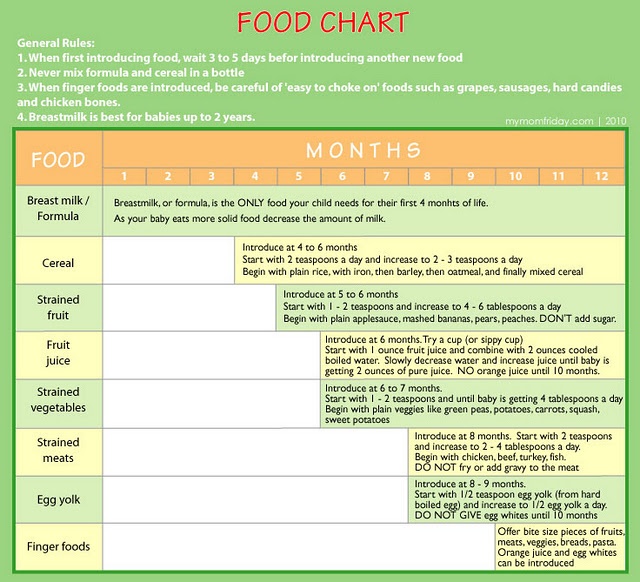
Dream Feed: What, When, and How?
Some babies sleep through the night from an early age. But, some babies will eat in the middle of the night until 9 months old or longer. Some parents swear by a “dream feed” to help their babies sleep longer while others don’t like it. But, what is a dream feed and at what age should you try it?
What Is a Dream Feed?
A dream feed is a feeding you give your baby while he or she is asleep before you go to bed yourself so they won’t wake up in the middle of the night.
Some moms breastfeed before they go to bed and others (or their partners) give their baby a bottle, sometimes without even picking up the baby.
The theory is that you will get a longer stretch of sleep, yourself. After all, if your baby can go 5 hours without eating, but goes to bed around 7 PM, that means you will need to feed the baby around 12 AM. That means your sleep is disrupted since you’ve possibly gone to bed at 10 PM.
That’s only two hours of sleep!
If you give a feeding to your baby around 10 PM, then it’s possible your baby won’t wake again until 3 AM giving you both a 5-hour stretch of sleep!
The questions are: Is it a good idea? Will it work? And, should you do it? For some people, a dream feed will be a Godsend. Not for others. Let’s explore further!
You May Also Be Interested In:
- Night Feedings By Age
- 3 Signs It’s Time to Night Wean Your Baby
- Night Weaning Quiz: Is Your Baby Ready?
At What Age Can You Dream Feed?
Most parents will start using a dream feed any time between 6-8 weeks old and 4 months old, once your baby no longer needs to eat every 3 hours at night. However, it’s not too late to try a dream feed even at 6 months old since many babies will increase their caloric needs around this time.
Most parents will continue to offer a dream feed until they are confident their baby can go all night without eating AND sleep a total of 11-12 hours without eating.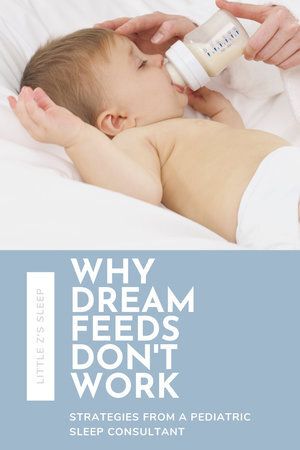 Therefore, there’s no reason you couldn’t try it at 8 months old if night weaning isn’t working.
Therefore, there’s no reason you couldn’t try it at 8 months old if night weaning isn’t working.
Keep in mind that if you stop the dream feed before your baby is ready, he or she may start to wake up too early for the day.
In my 15+ years of experience, most formula-fed or bottle-feeding babies can stop around 6-8 months old, and most breastfed babies can stop around 9-12 months old.
You May Also Be Interested In:
- Sample Schedules
- Baby and Toddler Bedtimes Chart
How To Dream Feed
To give your baby a dream feed, you simply feed your baby while he or she is still sleeping.
For example, your 5-month old baby goes to sleep around 7 p.m., you feed them around 10 p.m. before you go to bed, and your baby might sleep until 4 or 6 a.m. or later. This gives you a glorious 6 to 8 hours of sleep! If you go to bed early and have your partner/spouse give the dream feed and you can get even more sleep!
If your baby wakes up during the feeding, soothe them back to sleep as you would at bedtime.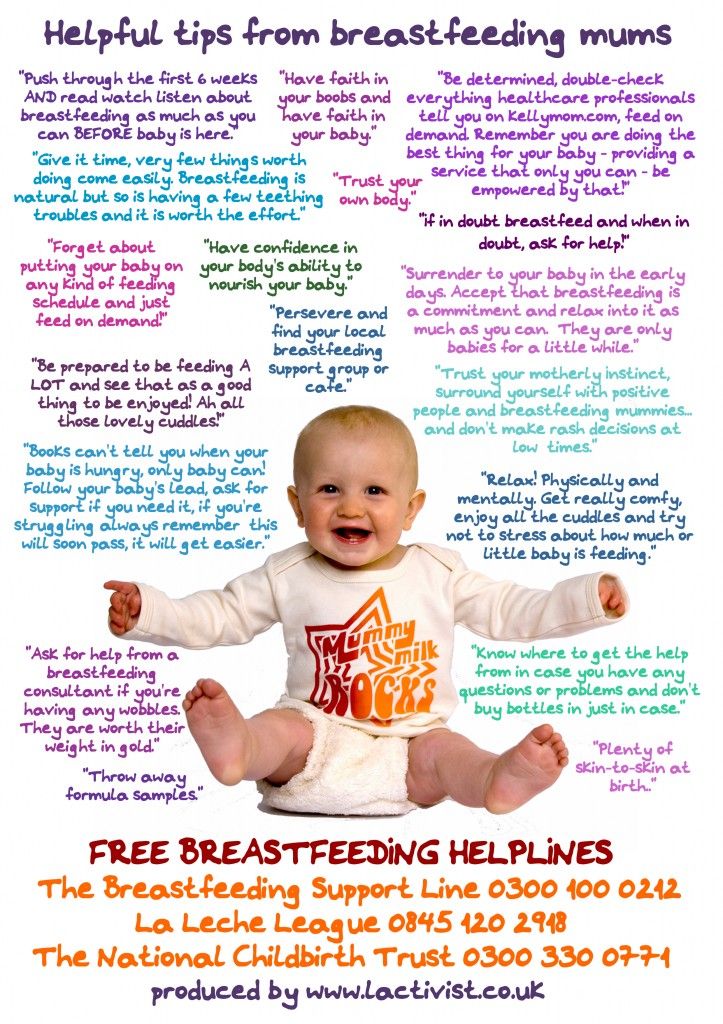 It may take a few nights for your baby to get used to it.
It may take a few nights for your baby to get used to it.
When it works, a dream feed is completely safe and a wonderful thing!
Sample Dream Feeding Scenario
Here’s an example of how a good scenario might look:
- Baby goes to sleep around 7 p.m. after your regular bedtime routine.
- You dream feed around 10 p.m. before you go to bed.
- Baby sleeps until 4 or 6 a.m. or later, giving you a glorious 6 to 8 hours of sleep straight. When your baby is older, they might even sleep through the night.
What Time Do You Dream Feed?
What time you do a dream feed will depend on your baby’s schedule as well as your own.
Usually, the dream feed is between 10 and 11:30 p.m., at least 3 hours from the bedtime feeding or longer. This is based on the assumption your baby is going to sleep between 6 and 8 p.m. and you plan to go to bed between 10 and 11:30 p.m.
As you can imagine, if your baby goes to bed around 8 p.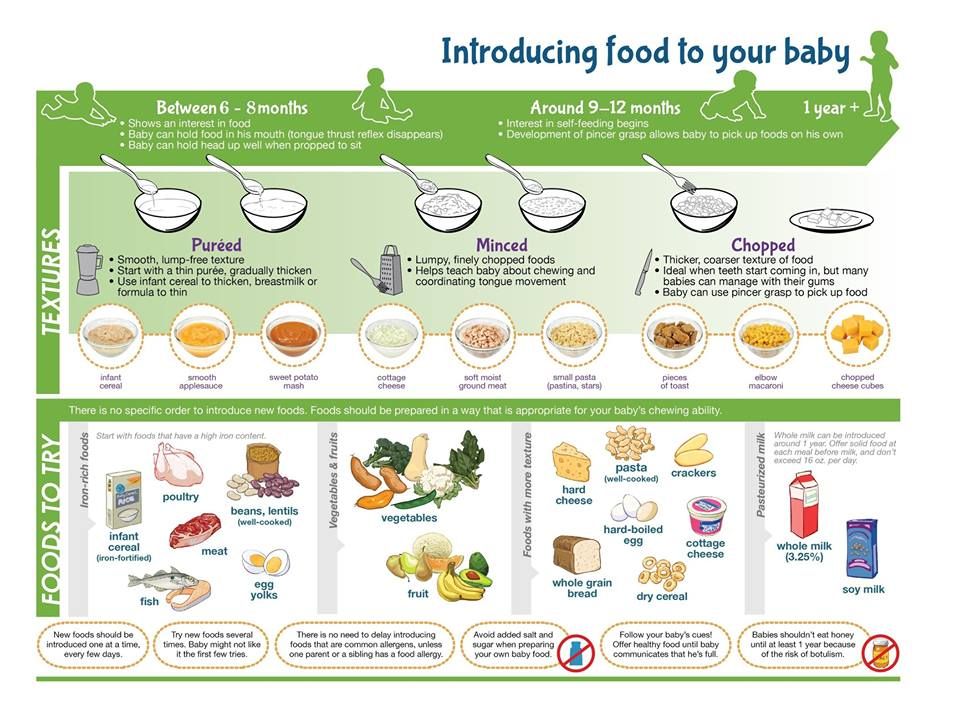 m. and you go to bed around 9 p.m., you will not likely be able to do an early night feeding.
m. and you go to bed around 9 p.m., you will not likely be able to do an early night feeding.
However, some parents will do a dream feed between 4 and 6 a.m. if they are trying to stop their baby from waking up too early. For example, your baby might be able to sleep through the night until 5 a.m. but then wakes up for the day. Way too early! You might set an alarm to feed the baby at 3 or 4 a.m. such that your baby sleeps through 6 or 7 a.m.
Full or Partial Feeding? How Many Ounces?
Should you offer a full or partial feeding as your dream feed?
A partial feeding might be just fine if your baby is only missing a few ounces of milk during the daytime. Perhaps they don’t need a big feeding and will sleep through the night afterward. In that scenario, it’s just fine to give your baby a partial feeding.
For a breastfed baby, that might mean a 5-minute feeding or just one breast. For a formula-fed baby, that might be a half-bottle which is usually around 3 ounces. If your baby needs less than this then it’s probably time to drop the dream feed (see below.)
If your baby needs less than this then it’s probably time to drop the dream feed (see below.)
However, in some cases, a partial feeding could mean the dream feed won’t work and your baby will wake later in the night or too early in the morning. In general, if your baby still needs a night feeding then you want your Dream Feed to be a full feeding.
A full feeding usually means a full 6-7-ounce formula bottle, a 4-5-ounce breastmilk bottle, or two breasts if breastfeeding. If your baby is younger and not yet taking larger feedings, then their feeding will be smaller. In other words, the Dream Feed should be the same size as a typical daytime feeding.
Do You Pick Up the Baby?
If you are breastfeeding, you will, of course, need to pick up the baby unless you are quite the acrobat!
If your baby is taking a bottle of breastmilk or formula, some babies will stay in their bed, finish a bottle, and continue sleeping. So, there is no need to pick them up, and it helps keep them asleep.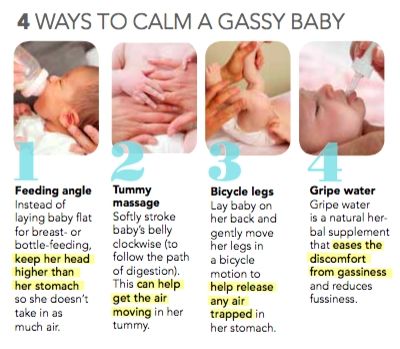
But, it’s not mandatory that you NOT pick up the baby. Most babies will be fine to be picked up. You should do whatever will keep the baby asleep and get the feeding done as fast as possible.
You May Also Be Interested In:
- Dream Feed Do’s and Don’ts
- Sleep Training Guide
Do You Burp the Baby?
Yes, you will still burp the baby as usual. Keep in mind that as babies get older, they don’t always need help burping so you may not actually get a burp out of them. But, spend the normal amount of time you would burp the baby at a regular feeding time.
Do Dream Feeds Work?
Sometimes, yes. Unfortunately, not always.
As I explained how babies sleep at 4 months old, the first part of the night is the deepest sleep of the night for all babies and children over 4 months (approximately). Therefore, it might be very difficult to rouse your baby enough to feed any time you want to.
Some babies will awaken just enough to eat and stay asleep, but others might not wake up enough, and others will wake up too much. This might make them cranky that you woke them up (especially if they aren’t hungry!).
This might make them cranky that you woke them up (especially if they aren’t hungry!).
Dream feeds also seem to have a bit of an “expiration” date – generally speaking, they are most helpful for babies under 6 months old who may still require multiple night feedings.
Another way they sometimes “don’t work” is when you feed your baby before turning in for the night and they STILL wakes up an hour or two later.
Some babies also tend to wake up even more frequently after the initial night feeding, so dream feeding does the opposite of what is intended.
Should You Dream Feed?
I don’t recommend dream feeds as a solution for ALL families, but they do work well for some babies. And, in the end, we need to find the “right” solution for each unique baby even within the same family.
Some people believe it goes against the idea of demand-feeding and is not respecting the baby to force a meal on him. If it feels “wrong” to you, then skip it. If you view it as helping your baby as much as it helps you, give it a try!
A baby’s tummy is small and as I always say, there are many adults who can’t go 11-12 hours without eating.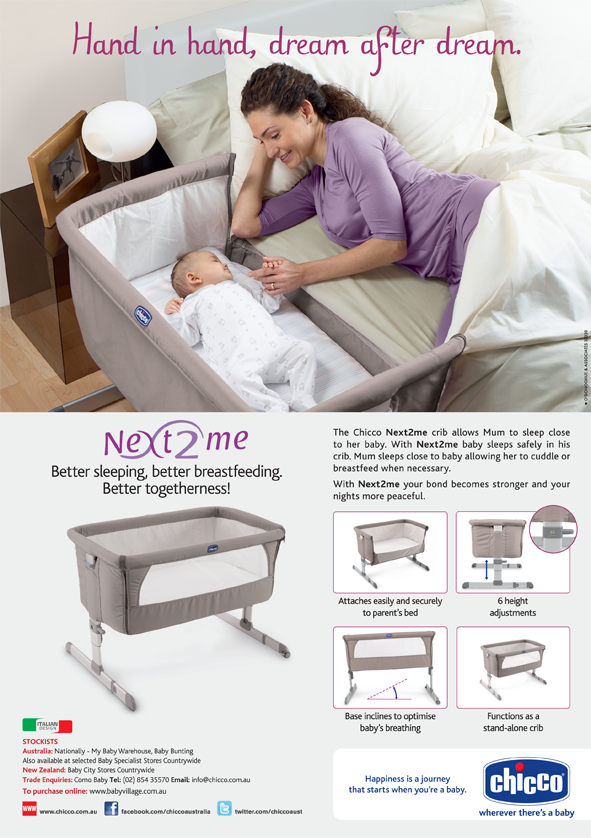 I am not sure why we expect our babies to.
I am not sure why we expect our babies to.
If you decide not to try it, or it doesn’t work, I typically recommend night-weaning to the appropriate number of night feedings for a baby your age and according to your baby’s capabilities.
How to Drop a Dream Feed
When you feel your baby is ready to drop the dream feed which is usually between 6 and 10 months old, it’s usually easiest to gradually make the dream feed smaller over a period of days and then stop it altogether. For example, if you are bottle-feeding, you might reduce the Dream Feed by one ounce per night for 3-4 nights and then stop offering it. If you are breastfeeding, try unlatching one minute earlier every night for a few nights.
The idea behind this method is they will curb their hunger with a smaller feeding but not get full. Then, they will adjust and eat more during the day to the point they won’t need the Dream Feed at all.
I hope this article has helped you decide whether you want to try a dream feed.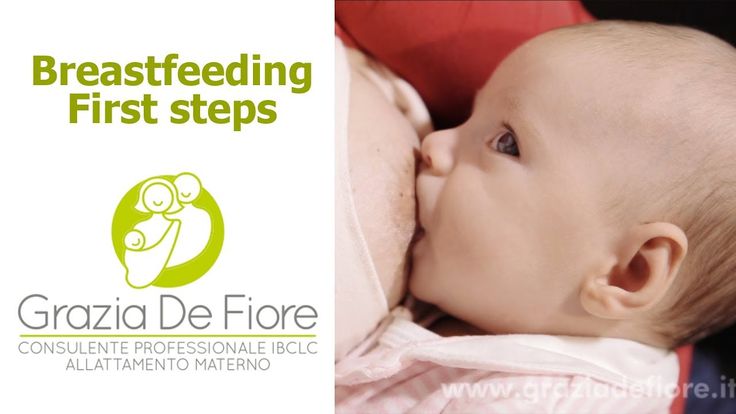 Good luck!
Good luck!
Up to what age to feed the baby at night and how to replace formula
Infant formula is only a necessary replacement for mother's milk in the absence of sufficient lactation or underweight in the infant. In all other respects, the infant formula feeding algorithm remains the same as with breastfeeding. The baby also needs nightly feedings about every 3-4 hours. This is due to scientifically proven facts. Babies up to a year old have an accelerated metabolism, food is digested faster, and naturally, they experience hunger at night. Also, any anxiety of the baby at night forces him to demand his mother's participation, and of course - food as a sedative. There is even a theory that children are genetically woken up to eat to avoid "Sudden Infant Death Syndrome" in their sleep.
But also can't it continue indefinitely? The child grows, develops actively, from the age of 6 months receives a variety of complementary foods, and over time should form a normal daily routine.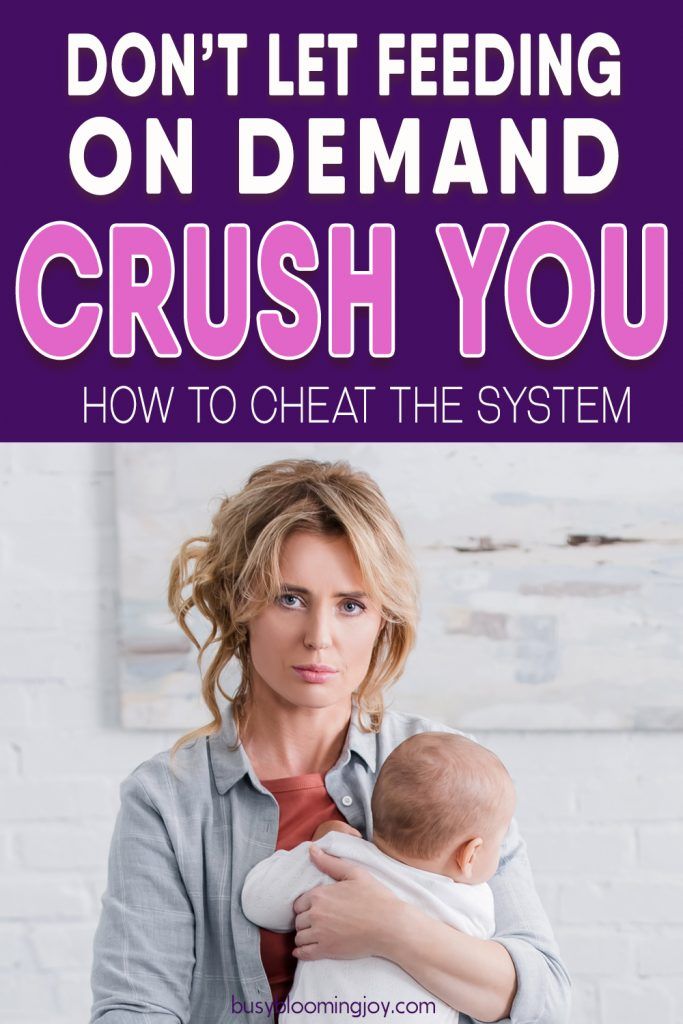 And for this you need to figure out: how to wean a child at night to eat the mixture in the most gentle ways.
And for this you need to figure out: how to wean a child at night to eat the mixture in the most gentle ways.
Up to what age to give the mixture at night
Experts differ on this issue, but the average age when you can do without night feedings is nevertheless deduced. Infants with normal development can sleep peacefully at night without formula 10-12 hours from 9-12 months. Of course, if parents do not consider it necessary to restrict their child in nutrition, they can safely continue to feed their child at night and beyond. But they must be aware that, firstly, over time, these periods of eating become just a habit for the baby. And secondly, mothers should also think about their own well-being after sleepless nights. So, the approximate age of weaning a child from night feedings has been determined, it remains to find out how to replace the mixture for the night after a year for the first time of the transition to a new regimen.
Night formula alternative
Formula feeding formula is extremely nutritious and delicious for your baby. Therefore, the nightly replacement should be unequal, so that the baby subsequently feels that he does not need to wake up for such food. For these reasons, many mothers, thinking about how to replace the mixture for the night, use not the best products. It is strongly not recommended to use compotes or juices, because the ultimate goal is a complete and painless rejection of night food. In addition, fruit drinking can cause flatulence and abdominal pain - not the most favorable factors for restful sleep.
Therefore, the nightly replacement should be unequal, so that the baby subsequently feels that he does not need to wake up for such food. For these reasons, many mothers, thinking about how to replace the mixture for the night, use not the best products. It is strongly not recommended to use compotes or juices, because the ultimate goal is a complete and painless rejection of night food. In addition, fruit drinking can cause flatulence and abdominal pain - not the most favorable factors for restful sleep.
It is better to replace the traditional food at first with a well-diluted mixture, and then with pure water. At the same time, you need to try to slightly shift the period of falling asleep and provide the child with peace and a hearty dinner before going to bed. During the gradual transition to a new way of life, it is not necessary to immediately offer a diluted mixture to the awakened baby at night, it is better to try to calm him down in a different way - caress, rock him. And since night meals a priori will cease to be delicious food, the child himself will gradually forget about it, but the wise human body will be rebuilt anyway.
And since night meals a priori will cease to be delicious food, the child himself will gradually forget about it, but the wise human body will be rebuilt anyway.
interpretation of dreams about breastfeeding according to the dream books of Miller, Vanga, Freud, Loff
According to Carl Jung's theory, dreams are the guiding words of the soul. Although there is still no consensus on why we see them and what they mean, the analysis of night visions can help us understand the hidden area of our mind. A dream about breastfeeding can have a direct personal message to the sleeping person, hinting that one of your loved ones needs love, tenderness and care. Let's figure out together with an expert why breastfeeding is a dream from the point of view of psychology.
Breastfeeding in Longo's dream book
Yuri Longo believes that a dream about breastfeeding a child symbolizes love and affection. The script may hint that someone or something in your life needs care and protection. Also, this dream can reflect your own emotional need for love. Sometimes a dream is inherent in pregnant women. Such a night vision can appear to anyone. For example, if a man dreamed of such an action, it symbolizes the manifestation of your hidden talents to achieve everything you wish.
The script may hint that someone or something in your life needs care and protection. Also, this dream can reflect your own emotional need for love. Sometimes a dream is inherent in pregnant women. Such a night vision can appear to anyone. For example, if a man dreamed of such an action, it symbolizes the manifestation of your hidden talents to achieve everything you wish.
Breastfeeding a baby in Miller's dream book
A dream about breastfeeding a baby means that your unconscious desires to cultivate its creative ideas and start a new life.
The dream of a girl who has recently entered into a relationship with a partner represents the need to develop an alliance that has become very dear. You want to be loved and cared for. Thus, by maintaining close relationships, you can feel emotionally secure.
Women's breasts are a symbol of deep care. It also symbolizes the close bond between mother and child. A dream may advise you to take care of the people around you, you must support your family members, be close to friends in difficult times.
Breastfeeding in Vanga's dream book
A dream about breastfeeding symbolizes maternal affection. It represents a mutually beneficial relationship, full of tenderness, compassion, love and mutual care. A dream promises emotional support and your deepest desire to take care of people close to you. Sometimes such a dream can be interpreted as the satisfaction of primitive needs for protection. You are encouraged to nourish and cherish, love and comfort others who need it. Also, such a vision of breastfeeding symbolizes that life is beautiful and all good things will come to you.
Many believe that dreams about breastfeeding a child symbolize love and affection. Photo: helena-lopes, pexels.comBreastfeeding in Loff's dream book
According to Loff's book, a dream asks you to give up old habits and go on a new journey full of love and care. The unconscious may hint at motherhood. The dream symbolizes harmony, prosperity, growth and new beginnings.
Also, vision represents a sense of belonging that you cannot live without, a deep attachment that is difficult to get rid of. You are not ready to let this person go out of your life.
You are not ready to let this person go out of your life.
Breastfeeding in Freud's dream book
Perhaps deep down you have a feeling of helplessness and insecurity. You need someone who will protect you, guide you the right way in life. There is an unconscious desire to depend on someone who is able to make decisions on your behalf. Sometimes a dream hints at the need to become independent and let go of your addiction.
Breastfeeding in the Hindu dream book
You cling to something or someone for emotional support. It is not easy for you to let go or separate from this source of care. You are holding on to past habits that you no longer need. But you are in love with them and they limit your growth path. Sleep symbolizes the fear of separation, it also means your inability to leave your comfort zone and emotional well-being.
Just remember that as you get older you will have to make room for new things in life.
Breastfeeding in the Family Dream Book
The dream symbolizes a low level of confidence and self-esteem.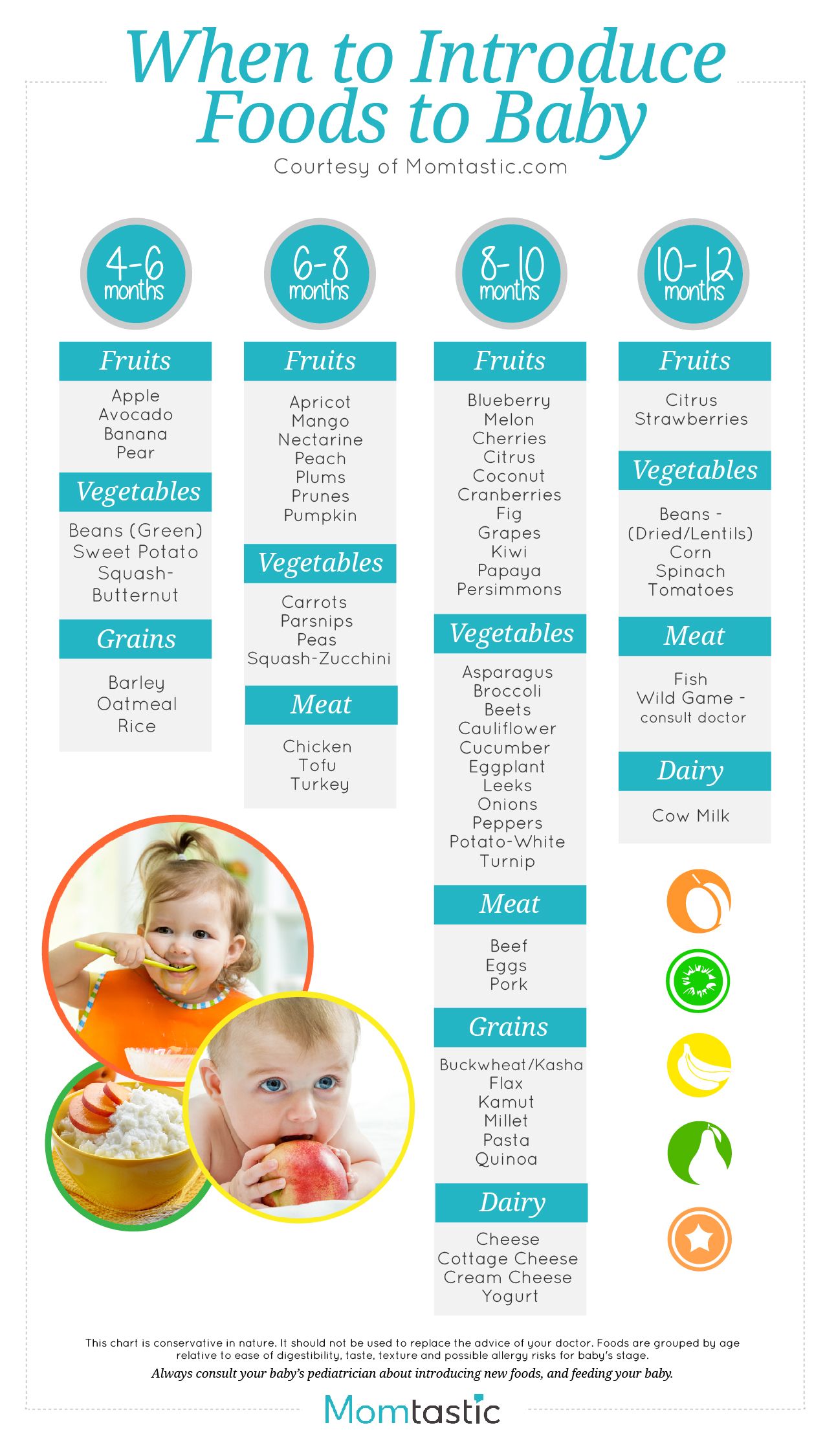 You are uncomfortable in your own body. Feelings of dependency on others usually come from feeling insecure. You are not happy being yourself.
You are uncomfortable in your own body. Feelings of dependency on others usually come from feeling insecure. You are not happy being yourself.
The dream reminds you to stay positive. You have the power to change and live the life you want. Just focus on the positive things that surround you. Learn to challenge your negative beliefs and erroneous thoughts.
Breastfeeding in Tsvetkov's dream book
A dream about breastfeeding a child symbolizes kindness and positive. It represents parenthood, new beginnings, self-development, and achieving your life goals. As well as favorable changes that will come into your life. Thus, a dream promises hope for a better future.
Breastfeeding a baby in a dream, according to Tsvetkov, may mean that you will soon receive good news. This may be the news of pregnancy or building a new relationship. The dream portends pleasant events in the near future. Do not hesitate, all your problems will soon be cleared up, and you will achieve the best and greatest.
Breastfeeding in the dream book of Nostradamus
Breastfeeding in a dream symbolizes the creation of a new family. A vision can warn you of a possible pregnancy. And if you are expecting a baby, then it projects your subconscious concern for the fetus. The vision encourages you to embrace new changes and take the next step towards success. This dream is a sign of good luck, spiritual bliss, financial stability, as well as family happiness.
Breastfeeding in Hasse's dream book
When you dream of breastfeeding, be sure that changes will soon take place in your waking life. You can move to a new job or start a relationship. The dream action carries a message of positive change. When in real life you are not married and not pregnant, but still see this dream, it means that you are hatching a creative idea in reality. You are on the path of self-development.
Expert comment
Victoria Borzenko, astrologer, tells the meaning of sleep:
Such dreams can be instinctive, that is, reflect the intuitive desire for pregnancy in reality.